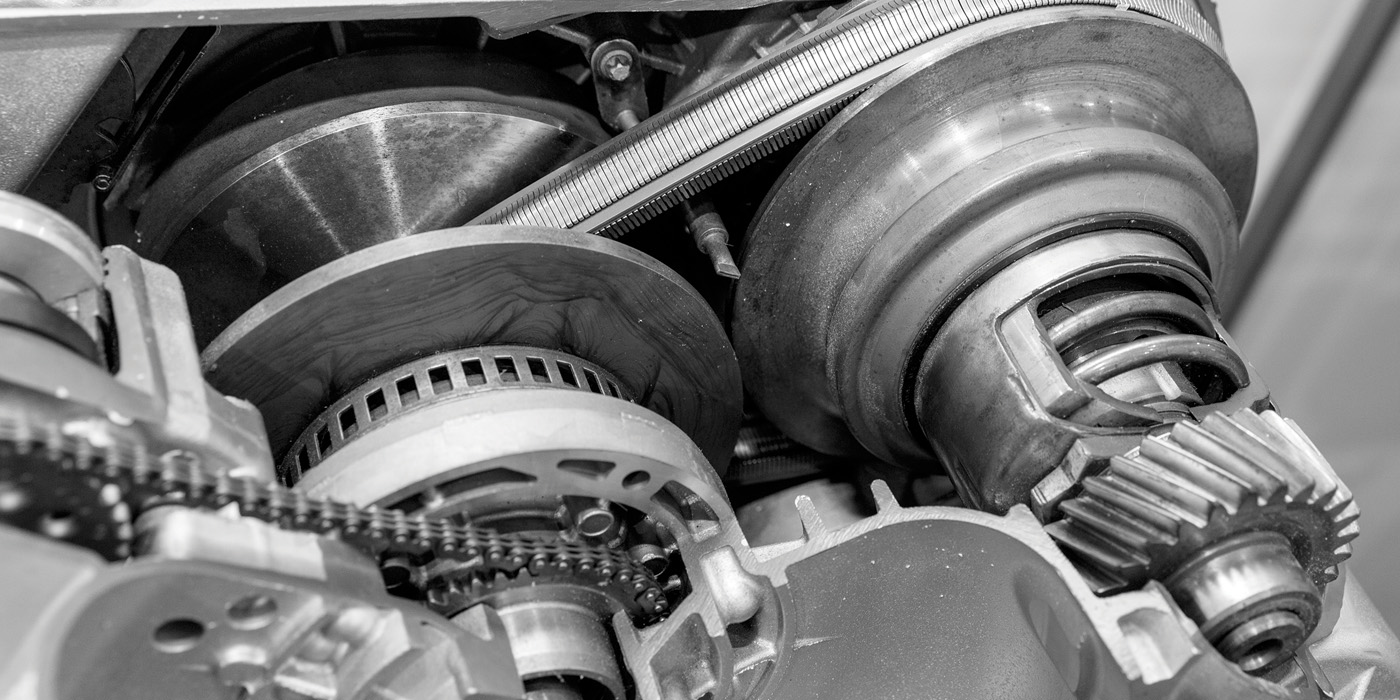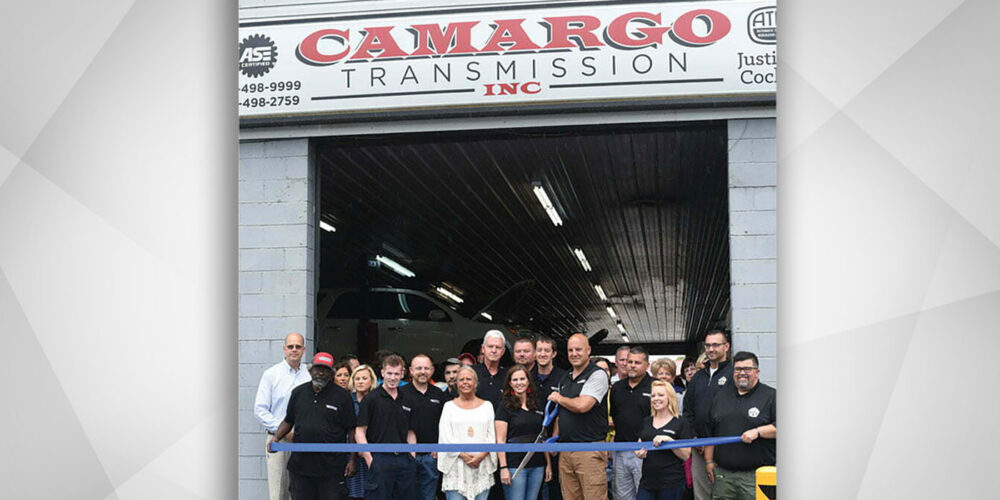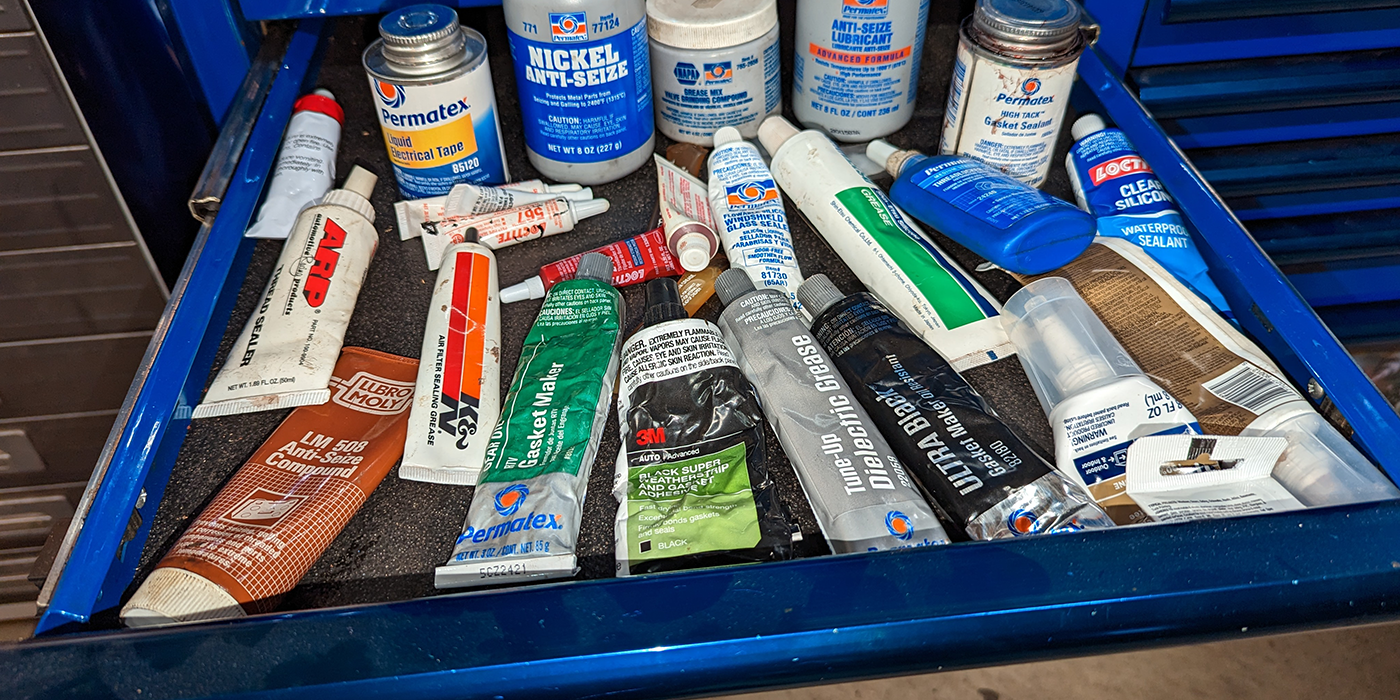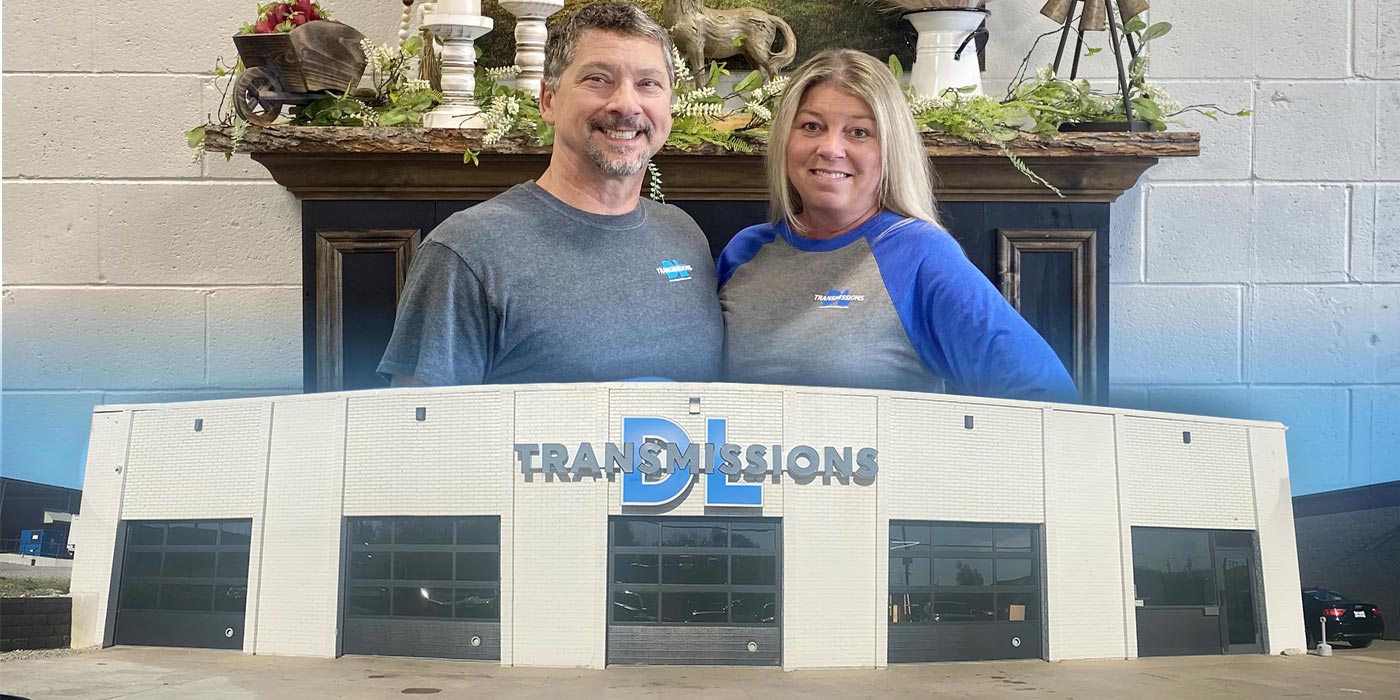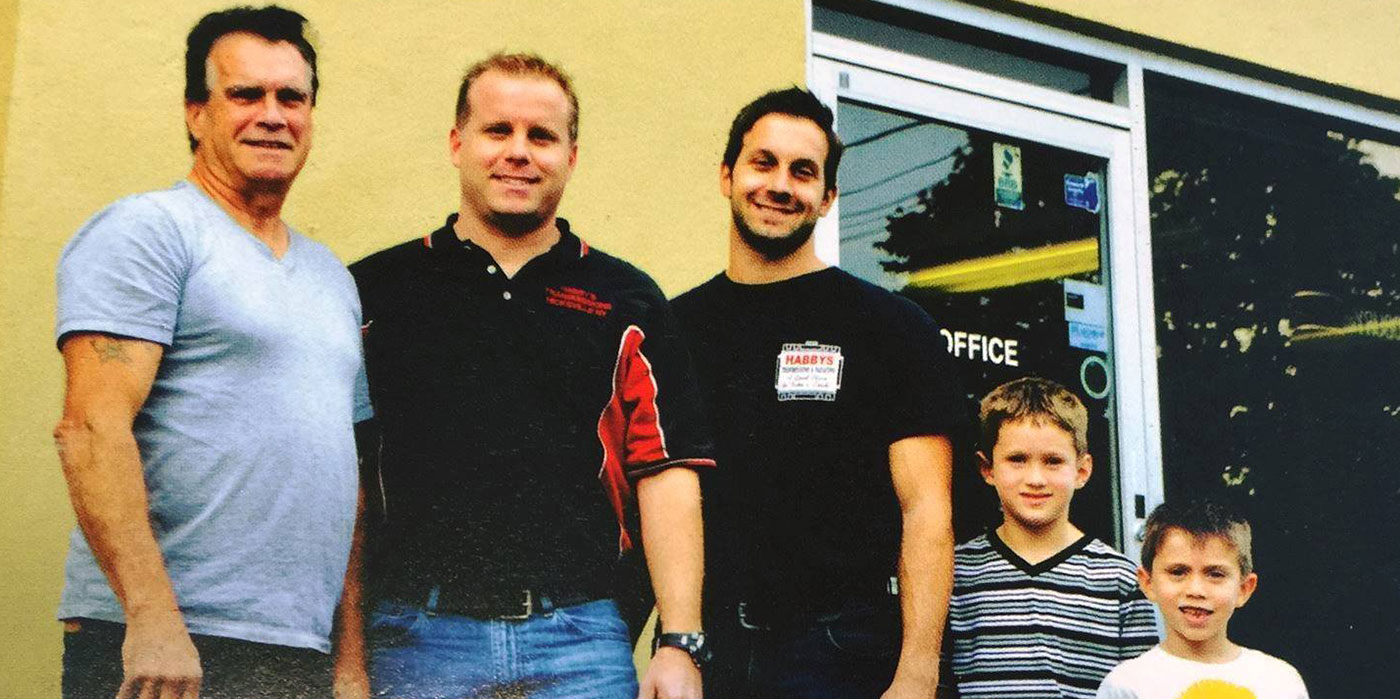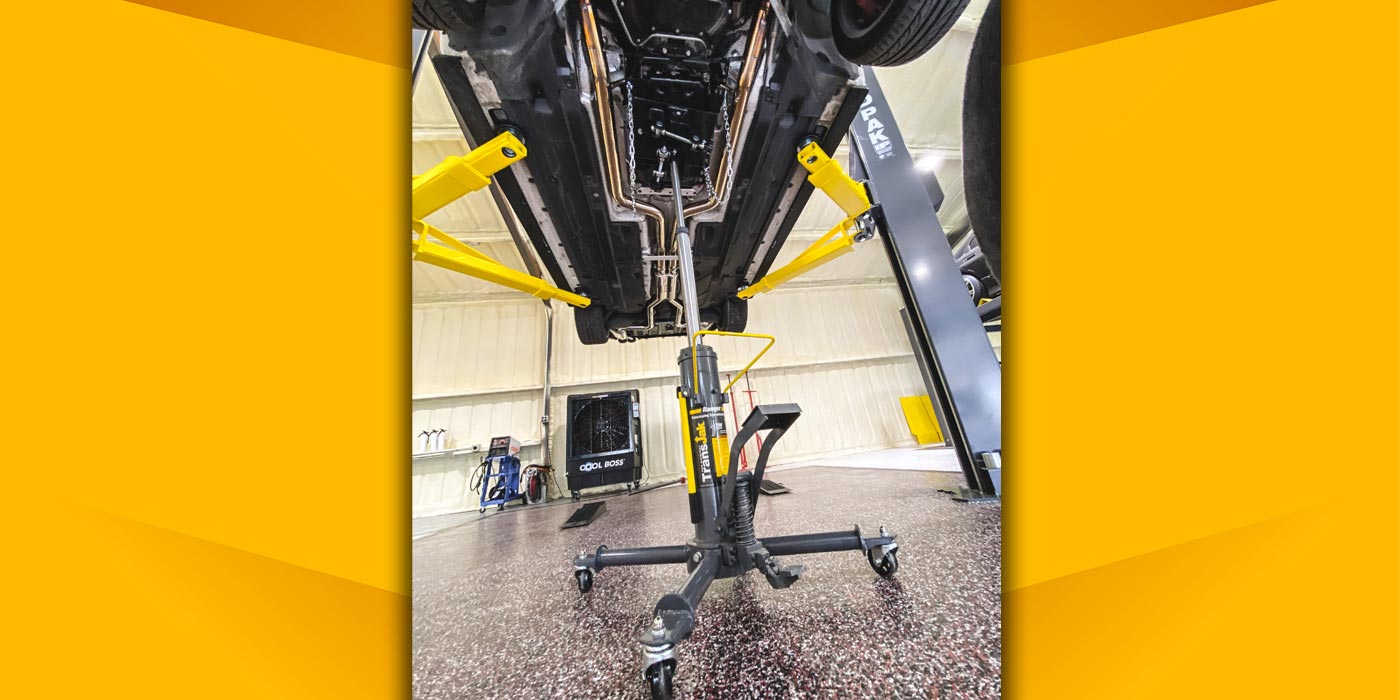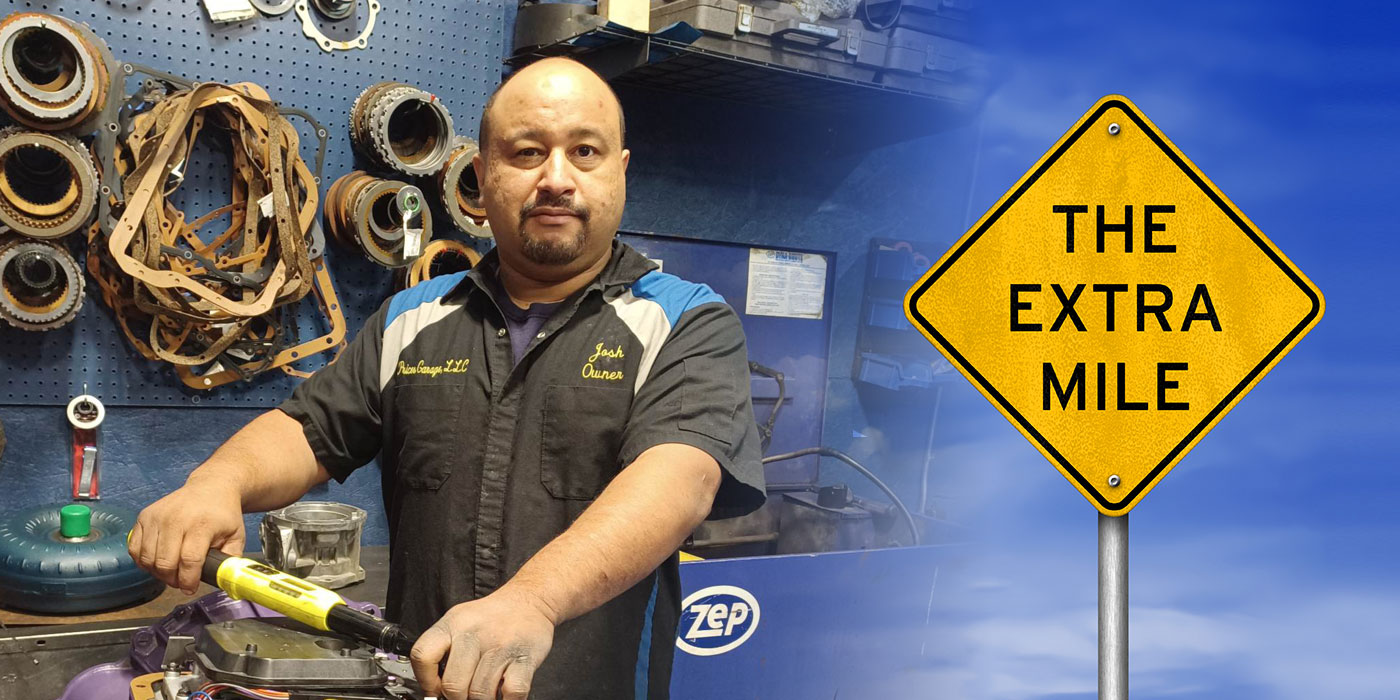
It’s Your Business
- Author: Terry Greenhut
- Subject Matter: Financial risks, rewards
- Issue: Invest where you have most control (your own business)
The stock market is a venue for people who want to gamble on something many of them think they can control by doing a lot of research and constant tracking of the companies in which they invest. In point of fact you can follow your companies all you want. You can find out lots of information that will tell you how strong their sales are as opposed to their costs. You can check the background of all their executives and look into their relationships with other companies. In fact, with the Internet putting so much information right in front of you on your computer screen, you might think you can find out everything you need to know about how well companies are doing and how their stocks should behave on the market. One little problem though: Some of the best companies simply follow the market up or down, their individual performance notwithstanding. In other words, when the Dow Jones drops it takes these great companies with it no matter how well they are doing.
People who gamble with nondisposable income (which covers most stock market investors) are a skittish lot. If they see a rise in the Dow they cautiously smile and act like all is right with the world, but when they see it drop and their stocks begin to follow it, especially if it is a sizable drop, they circle the wagons and hunker down for the attack on their money that they think is imminent. Even people who have nothing invested in stocks tend to back off their spending because many fear losing their jobs or a good portion of their income due to cutbacks. So whether we play the market or not it affects us in a big way.
How customers react
In previous economic declines many of our shop owners were of the opinion that customers would be more likely to have their cars repaired than they would to go out and buy or lease new ones. Often they found that not to be true. Customers requiring major repairs would at times just park the vehicle and not bother to have it repaired at all because if one spouse was out of work there may not have been a need for a second car. The same holds true for a student who uses a car as a convenience but not a necessity in travelling to and from school. Companies losing clients and sales might cut back on the number of vehicles in their fleets, parking or getting rid of those needing major attention.
With the average price to rebuild an engine or transmission working its way into thousands of dollars, some consumers may opt for one of the “no-money down, $200-a-month” lease deals the manufacturers offer and just hope they keep working long enough to make all their payments. In fact, there are many in those situations who aren’t really worried about whether they will be able to pay a year or two from now. They are only thinking about getting by today.

People driven by fear and frustration do a lot of crazy things they often regret later. For example, the worse the economy gets, the less consumers should think about making long-term commitments to loan payments that they aren’t sure they can cover if their situations worsen. Unfortunately many have the very bad habit of thinking only a month down the road instead of five, 10, or 15 years ahead. They need to ask themselves before making any long-term commitments, “If it all goes bad, if I lose my job and my investments tank, or if I get sick and can’t earn money, can I still make these payments?”
Even when the economy perks up, the same questions need to be answered because it can turn around again and go into a sharp decline overnight. Have you ever noticed how quickly the Dow can drop hundreds of points and how slow it is to build back up?
How does a sluggish economy affect you directly? In the way your customers will or won’t spend money. When they aren’t making good money or are afraid of losing their jobs, one of the first things they cut back on is maintenance, not only of their cars but of their homes and often their bodies as well. As my dentist once told me, “When people don’t have money, one of the first things they neglect, if they don’t have a plan to pay for it, is having their teeth cleaned.” We know the same thing happens with maintaining their cars. They’ll fix what’s broken if it’s something critical or really bothering them, but they’ll skip the oil changes and other services they think they can get along without doing.

Step up sales
How does that impact your business? If your customers are having you perform less services, you have idle time that can lead to you cutting back and possibly laying off people. If you do that you become part of the problem, not the solution. Sure, you might save a salary or two, and in the short term that might look good to you, but what does it do in the long term? Having less people on staff can mean taking longer to get work out. That being the case, you might start turning away some work feeling that you won’t be able to get it done, which makes your situation a lot worse. What do you think happens when a customer, especially a long-term one, asks you to take care of something and you decline to help her? Simple. She stops coming in and tells all her friends about how you refused to help her.
When you open your doors for business, it’s like telling the world, “Come one, come all, we are here to help you.” When you stop offering that level of service, they find somewhere else who still does. Rather than laying off technicians you might not be able to replace when you think you need them again, why not work on replacing the customers or the work you may have lost instead?
How aggressive are you about making add-on sales to existing customers? Do you still have an outside sales program in place to go after new fleet and wholesale accounts? Who’s selling the work to your retail customers? You weren’t thinking about laying off your service writers and doing sales yourself along with everything else you’re trying to do, were you? That would be one of your worst moves because they are usually better at selling than you are. They have less fear of losing. They won’t be scared off so easily by a customer who doesn’t want to pay the price you set. They’ll fight for it because you told them they have to. You, on the other hand, not wanting to lose any jobs, might give in to a price reduction a whole lot quicker.
Online
One of the first cutbacks companies make during tough times is in their advertising budgets ¬– just when they need to advertise the most. How does your website look?
- Is it up to date?
- Can visitors navigate it easily and find what they need quickly?
- Can they make service appointments right on your site?
- Have you kept up with your blog?
- Do you offer seasonal coupons and specials?
- How is your presence on Facebook and all the other social media sites? You may hate them, but they are a very necessary evil in today’s electronic on-line society.
- Do you keep your customers informed of upcoming events by the use of email blasts?
- Have you ever bought a list of email addresses and tried sending offers directly to them via email?
For those who think all of this is expensive, it’s nothing compared to what we all used to spend on those ridiculously expensive Yellow Page ads we had to buy just because everybody else did.

On the phone
No matter what we do to make our phones ring with new potential customers, the fact remains that people will call before coming in. We know that they rarely just stop by unannounced. If they do from time to time, that’s great, but don’t count on it. We know it’s much easier to sell face to face than over the phone, but the vast majority will call first. It is more critical now than ever before that we do a good – no, make that a great – job, of talking them into the shop. We can’t afford to lose very many on the phone. When they call already armed with whatever they have previously learned on the Internet, their primary question will be as it has always been, “How much?” The difference is that today they have much more information before they call, but don’t ever let that scare you. They still need someone to diagnose their problem and offer the best possible solution before they can get a real and accurate price, so all the same rules of proper telephone procedure still apply. You still can’t quote prices over the phone and you still have to motivate the caller to come in by demonstrating your professionalism during the initial contact phone call. If you can make callers feel there is something in it for them if they agree to come in, they will.
What’s always in it for the customer is the chance that it will not be as bad as they thought and not as costly. That’s what will motivate them to come in to get a real diagnosis and price. In a word, it’s HOPE. We need to provide them with the hope that it’s only a minor problem that can be handled inexpensively. If you can get the caller on your side, rooting right along with you for an economical solution, you will get the appointment and often the job.
If you are a stock-market gambler and are tired of losing or living in fear of it, think about gambling more on yourself by investing not only money, but also your time, to learn as much as you can about how to generate more sales to improve your business. That’s something you can much more likely control.



